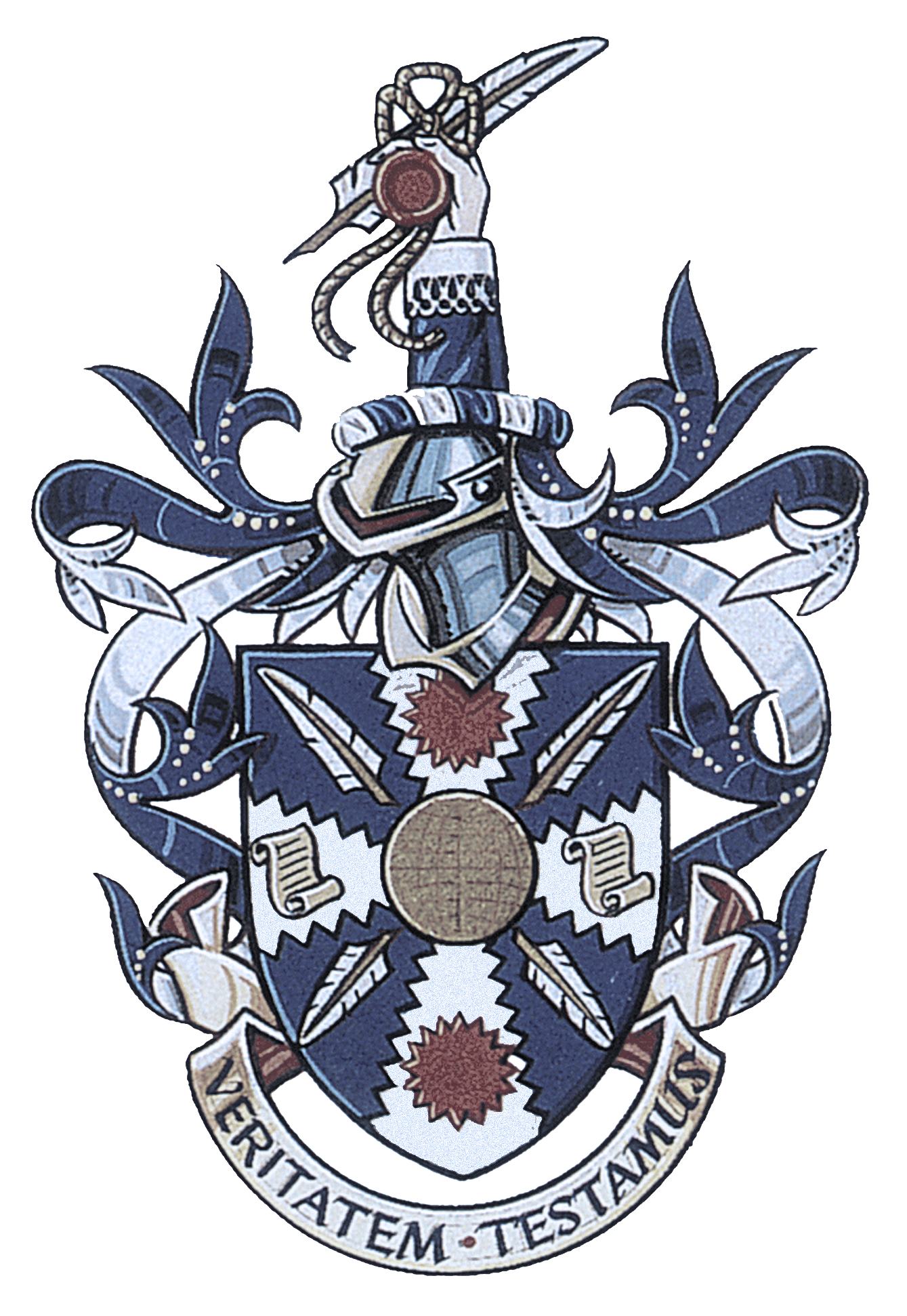To achieve their goals, today’s companies are increasingly operating overseas – building on their trade and businesses internationally and starting up branch offices in other countries.
In so doing, companies need to satisfy foreign authorities and businesses as to the existence, nature and structure of the company. They also need to enter into or sign a range of documents (such as contracts, agency agreements and application forms) and execute a variety of deeds (such as powers of attorney) from time to time.
Foreign authorities and businesses look to notaries to provide reliable information on the company and the documents and deeds it signs and executes. They will rely on the information that a notary has certified and provided to enable transactions to complete.
The notary’s role is to certify the ID of the signatory signing a document or deed on behalf of the company, that signatory’s position in relation to the company, the existence and essential details of the company and that any documents and deeds have been executed in accordance with English law.
As to the first element of the role, the certification of the ID of the signatory by the notary is straightforward (as for any individual, the notary will need to see a passport or card driving licence AND proof of residence within the last 3 months).
Then, as to the second, the notary will need to check the internal rules within the company on executing deeds by looking at the articles of association, list of current company directors at Companies House, board minutes and any list of approved signatories. Normally at least a current director and/or a company secretary will be an authorised signatory – but companies differ.
Moving on to the third, the notary will verify information about the company – as to its existence, its constitution and list of current directors – from the public records held by Companies House.
Finally, the notary will check the requirements of English law on signing documents and executing deeds. For example, a power of attorney is classified as a deed under English law and can be executed, under Companies Act 2006, by two directors, or by a director and the company secretary, or by a director in the presence of a witness, or by the affixation of the company seal in the presence of one or more company officers. This knowledge, read together with the company’s internal rules on executing deeds will give the notary the key information needed to enable certification that the power of attorney has been executed properly.
Once satisfied as to all, the notary will prepare a notarial certificate to the effect that all is in order and this will be securely attached (sewn) to the document or deed (which has signed by the signatory in the presence of the notary) and signed by the notary and sealed.
Depending on the destination country’s requirements, the notarised document or deed may then need to be sent to the Foreign and Commonwealth Office for legalisation (the affixation of an apostille) to confirm the status of the notary, and possibly to the destination country’s embassy or Consul or Chamber of Commerce (to confirm the FCO’s status)

